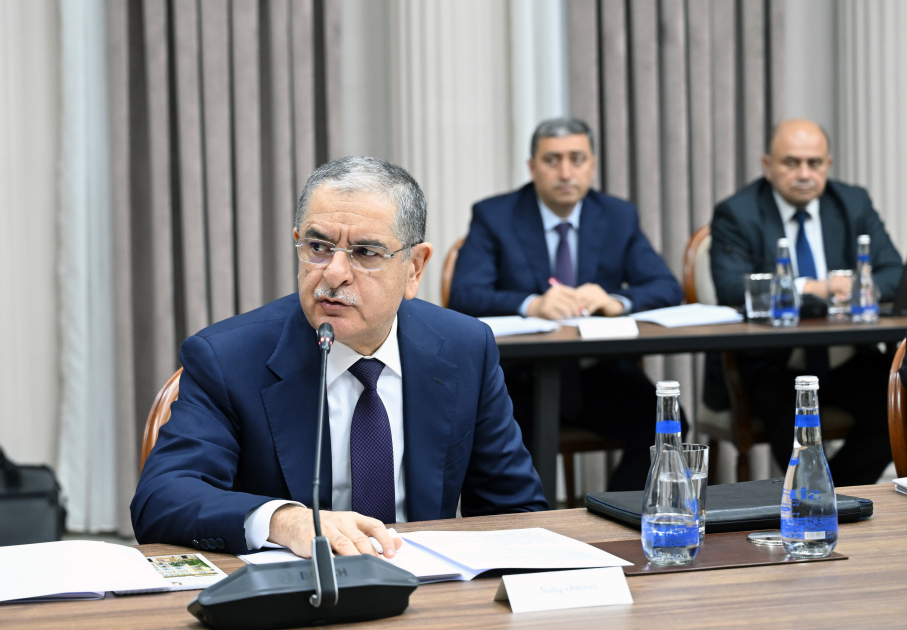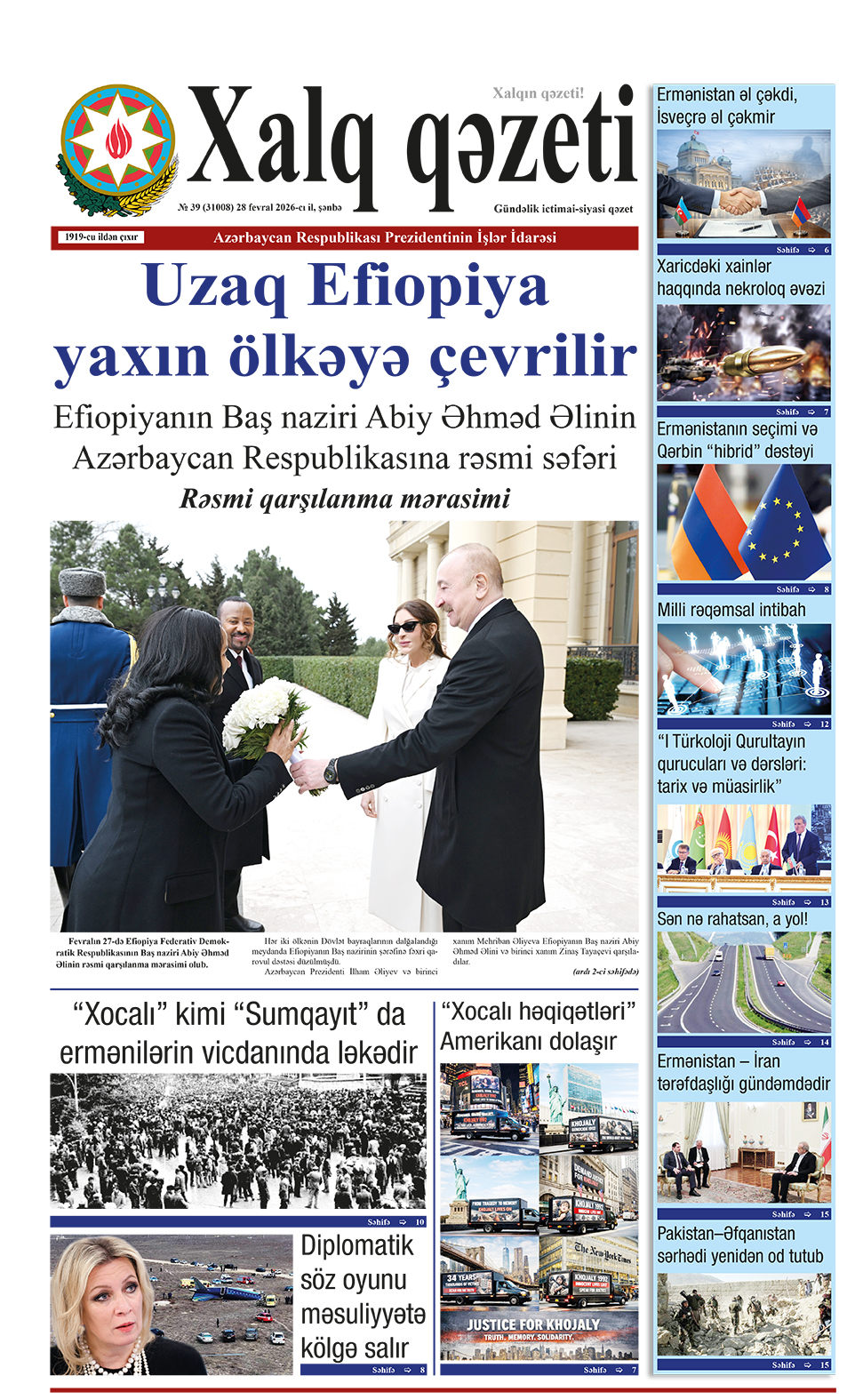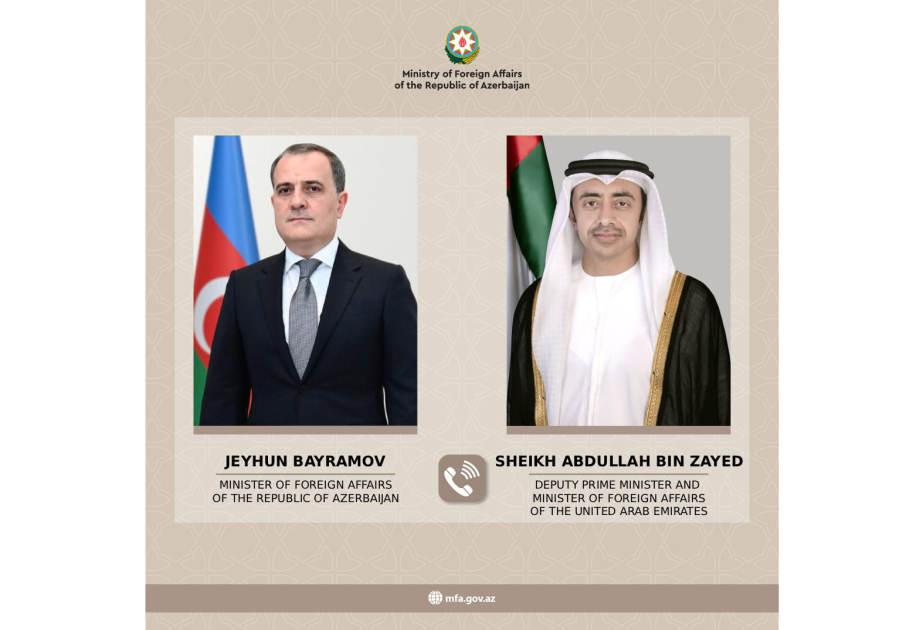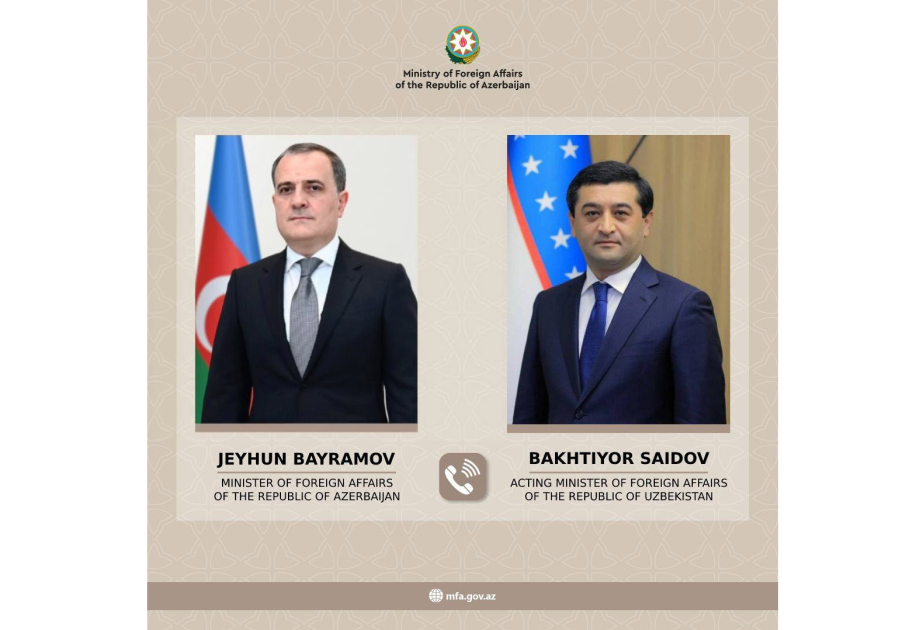Digital transformation is fundamentally changing the face of the financial sector, creating new opportunities while simultaneously posing significant challenges. Amidst rapidly evolving technologies and rising customer expectations, financial institutions are forced to adapt and implement innovative solutions to remain competitive and provide high-quality services. For rapidly developing economies like Azerbaijan, the effective use of digital tools is becoming the key to sustainable growth and expanding financial inclusion for all segments of the population. AZERTAC presents an interview with Paul Mullins, a leading expert in the digital transformation of the financial sector and former global leader of HSBC (Hongkong and Shanghai Banking Corporation).
-What key trends and technologies do you see in the financial sector today that can most effectively support digital transformation in Azerbaijan?
-I think the most effective support for Azerbaijan's digital transformation will come from the rapid adoption of Fourth Industrial Revolution (4IR) technologies. In particular Artificial Intelligence (AI) and Machine Learning (ML) can help revolutionize the lending process; they are essential for safely expanding the net of individuals and small businesses who can be lent to, particularly with more limited historical credit history. Of course, these technologies also form the frontline defense in cybersecurity and fraud detection and securing your defensives is likely to be the first priority in how you approach the use of these tools. Adopting robust cloud technologies is non-negotiable for scaling rapidly and reducing the high capital costs associated with physical infrastructure and so having a strategy around this technology is very important. Finally, the development of a framework for Open Banking via secure APIs will allow your institutions to cooperate with FinTechs, which is key to accelerating the creation of new, integrated products for the consumer. Finally, the expansion of Instant Payment Systems, is the engine that will truly power Azerbaijan's shift to a cashless economy.
-Azerbaijan is actively developing its digital financial services. What best practices from your experience can help accelerate the adoption of customer-centric products in the local market?
-My experience tells me that you can't just build a great digital product; you have to earn the customer's belief in it. To accelerate adoption, you must focus on trust and simplicity. Since security is a key concern, you must continuously invest in and proactively communicate your security measures to provide assurance to the client base. Obsess over the user experience (UX). The technology must disappear into the background, allowing customers to complete complex tasks, like a loan application, in just a few minutes on their phone. There is still a place for physical banking centre and a "phygital" strategy, using your physical branches as high-tech education and support centers to help customers—especially older demographics—makes most sense, after all it's a reason why Apple have their own network of stores and they know a thing or two about great customer experiences!
-How can financial institutions use data and analytics to improve customer experience and create new products in Azerbaijan?
-Data is absolutely your most valuable asset. The goal isn't just to process transactions, but to truly understand your customer, and data analytics is the engine that drives that value. To improve the customer experience (CX), you can use ML algorithms to achieve true hyper-personalization. This means moving beyond generic offers and delivering tailored advice or pre-approved products—a personalized savings plan or loan offer at the right time and the right place through the use of embedded finance solutions. Predictive analytics are also key to anticipate when a customer might face an issue, allowing you to proactively intervene and resolve it before they even call customer service. For creating new products, you can leverage smart data (like utility payments or mobile usage patterns) to build robust credit models. This capability is vital for rolling out new products focused on the non-oil sector, such as flexible, data-driven working capital finance for SMEs. Ultimately, the goal is to make the journey as seamless as possible!
-What are the prospects for the development of mobile and contactless payments in Azerbaijan, and what needs to be done to increase their popularity and security?
-From my time in Baku these last few days, mobile and contactless payments seemed ubiquitous! Expansion of use cases is the next step by integrating mobile payments into all public services and transport systems outside the metropolitan hub - this is the same in most developing markets and I would guess the same applies in Azerbaijan.
-What opportunities does digital transformation offer for financial inclusion, especially in rural and remote areas of Azerbaijan?
-Digital transformation is absolutely the most powerful and cost-effective tool you have for closing the financial inclusion gap, particularly for rural and remote populations. I understand Azerbaijan's has a very high mobile penetration. This means there is no need to further invest in expensive physical branches, but more focus on high-quality, low-bandwidth mobile apps that function reliably outside the cities. I also strongly recommend deployment of a robust Agency Banking network, using authorized local shops or post offices as crucial cash-in/cash-out points - it may surprise you to know that this model has been adopted in the UK and has been very successful in maintaining services that would otherwise have demised as the branch network reduced in rural areas.
-How can international cooperation and exchange of experience contribute to the development of the financial sector in Azerbaijan? What regulatory and legislative changes are needed to support innovation in financial services in the Azerbaijani market?
-International cooperation is key to accelerating your growth and ensuring your financial system is safe and competitive globally. Collaborating with international financial bodies and foreign regulators is critical for transferring knowledge on cutting-edge fields like advanced cybersecurity and AI governance. Creating an attractive environment for international FinTechs and payment players not only brings in foreign capital but also introduces competitive pressure and new technologies, which ultimately benefits the local customer. A focus on how you deploy solutions locally and build an infrastructure that allows interoperability globally is key. This also helps you harmonize your technical standards, which is vital for facilitating cross-border digital trade and additionally creates the pathway for Azerbaijan technology solutions to be exported globally. To support innovation, two regulatory changes that I would prioritize are a formal "regulatory sandbox" where promising FinTechs can test new products safely and quickly. Second, clear legislation for Open Banking APIs as this creates an innovative and dynamic environment within financial services that is vital to help the local market solutions timely and relevant to the rest of the world.
-What trends and challenges do you foresee for the financial industry in the next 5-10 years, and how can Azerbaijan prepare for these changes?
-The next decade will be defined by technological integration, new risks, and a shift in how financial services are delivered. The biggest trends I see are the dominance of Generative AI in automating vast areas of compliance and customer service, and the acceleration of Embedded Finance, where banking services become invisible, delivered within non-financial apps like e-commerce or mobility platforms.
The core challenges are:
Cyber-Resilience: The sheer complexity of the digital ecosystem will make the financial sector a prime target for systemic cyberattacks.
Digital Skills Gap: The pace of AI adoption will quickly outpace the existing skill set in the workforce and how do we manage the societal impact that could bring.
To prepare, investing in mass upskilling programs focused on AI, data science, and analytical thinking, integrated into both university and professional training I feel should be a priority. To combat the cyber threat, you should consider cross-industry intelligence sharing and conduct regular, sophisticated simulated cyber stress tests across the entire sector. Finally, to capitalize on Embedded Finance, institutions must aggressively develop superior API capabilities and strategically partner with large digital commerce companies to ensure they remain relevant to the customer.





















